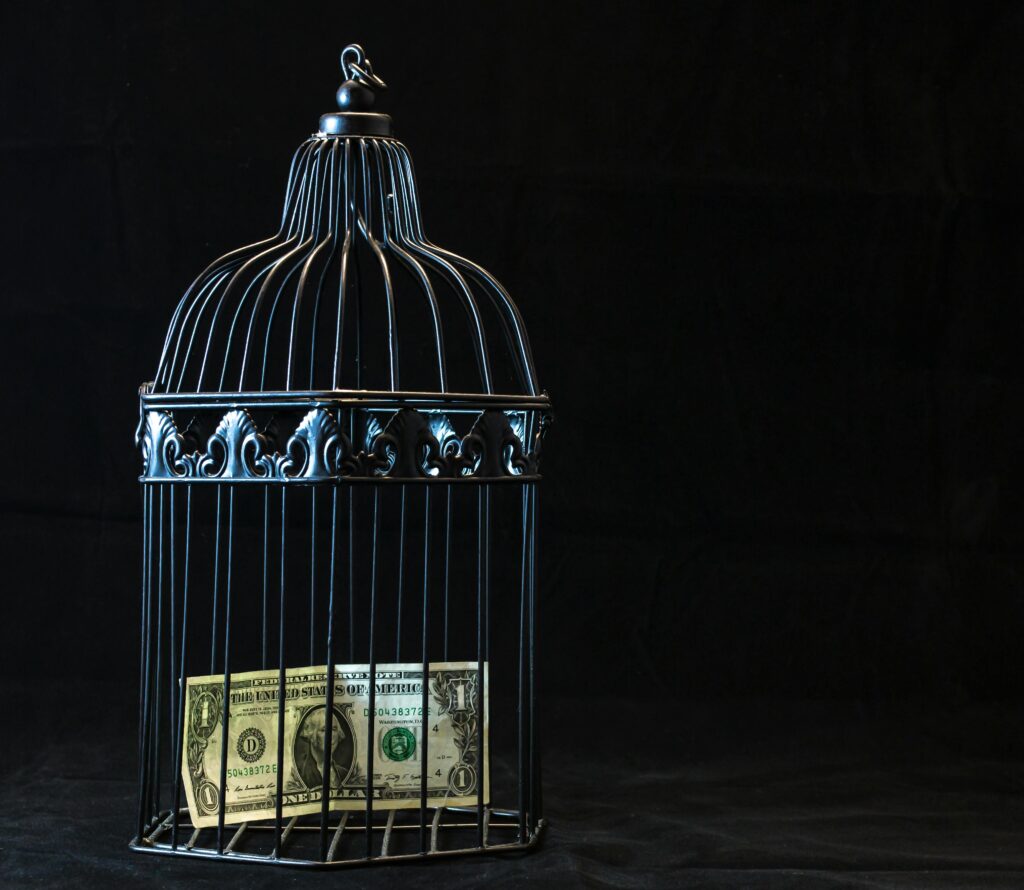
In these harsh economic times, every penny counts. On average, you can save up to 30% of the money you are currently spending on consumption, which can then be directed towards savings and investments. The million-dollar question, though, is where are those saving opportunities? Fortunately, they can be found in the most unlikely ways. Here are nine ways to hang on to your pennies.
Automatic Financial Systems.
At Discovering Her, we are firm believers of systems. It’s because sound working systems sustain life, no matter how hard it gets. Therefore, if you are looking to save money, consider having in-built financial systems.
Don’t just rely on your willpower to resist the urge to spend money that is already in your account. Idle money calls on you until it’s all gone. Therefore, spare yourself this heavily skewed battle by simply automating your finances.
Have only enough to cover your basic living expenses in your account. Then have the rest remitted through your payroll check-off system directly into a savings account or an investment account. Pension savings, co-operative contributions, and other deductions can be made through your payroll.
Consequently, if you never consider these amounts as available for spending, you learn to work with what comes through into your account. If you don’t see it, you won’t spend it!
Switch Off.
It is not uncommon to walk into one’s home and find that almost everything is switched on. From the lights in the storage room to the bathroom, the TV, stereo, to the kitchen appliances, and phone chargers. What’s worse, they don’t all need to be on, as most are not being used.
To snap you out of this habit, while all these are on, go to your electricity meter and observe how quickly the electricity usage counter is moving. Each digit or revolution of that counter is costing you money. Then, proceed to switch off everything that does not need to be on. Now, notice how much the counter has slowed down.
Yep, that’s the answer right there. Do the same for your water meter, then take the family through the same observations with a calculator in hand. You will be surprised at how much you can save on your utility bills.
Shopping Lists.
You’ve heard it said over and over about using a list when doing your shopping, and it may have sounded to you like one of those money-saving measures advocated by penny pinchers.
Shopping lists. Don’t knock them; they are efficient penny savers. Research indicates that shopping without a list leads to spending 15 to 30% more than intended. Random shopping and impromptu buying are to blame for this.
With a shopping list and a budget in hand, you arm yourself to fight the temptation to indulge over and over again. Hence, saving more.
Mend.
As you were growing up, did you visit the cobbler to have your school shoes repaired? Sometimes until they could be repaired no more, or until you outgrew them? Did you take your school uniform to the tailor for mending and stitching? Ironically, many of us today are unaware of these money savers.
Instead, we rush to replace shoes that have hardly been used or school shirts that have developed a tear along the collar. Don’t just throw away things; mend them if you can. Look up these craftsmen around where you live: find them and let them save you some of the money you are spending on school uniforms each year.
Reduce, Reuse, Recycle.
What opportunities do you have to reduce your consumption of something without necessarily negatively impacting your enjoyment of it? Entertainment, food, clothes, telephone calls, etc. At what point do you consider disposing of something and getting a new one?
Could various items be extended so you can use them for a bit longer? Tea bags, ‘hand-me-downs’ for younger siblings, newspapers, and plastic containers can all be recycled.
Non-septic wastewater can be used in the garden; an ice cream tub can make a nice container for a packed office lunch or school snacks. It’s good for the environment as well as your pocket.
Pay Cash.
The consumer industry knows you won’t stop spending, that’s why they invented credit cards. They knew that running out of cash would not prevent you from buying those black knee-high boots. And so, they enabled you.
Credit cards work to benefit the consumer industry. To avoid spending money that you don’t have, opt out of credit card services. Stick to cash. If it runs out, it runs out! Cash has unspoken boundaries that will help you remain on track.
Glimpse Of Your Spending.
If you take a close look at your spending habits, you will discover significant financial holes that drain your finances. For the most part, your money is going to identifiable areas such as house rent, school fees, and loan repayment. However, a closer look over a period of three months will reveal a rude shock at how much money leaks out.
Seeing the cumulative monthly spend on airtime, alcohol, Uber rides, takeouts, and coffee may be what it takes to get you to pay closer attention to unnecessary spending. Consequently, you will free up more money to go towards your savings.
Spending Fast.
A friend of mine mentioned the other day that she goes on a spending fast for the first 10 days of each month. Absolutely no spending. Of course, prior arrangements have been made for critical things before this time.
This helps her keep the thrill of spending in check. It has helped her control her urge to splurge and enabled her to concentrate more on important things, thereby avoiding impulsive spending.
While the nitty-gritty of this strategy is yet to be revealed, a spending fast could be a good addition to saving your pennies. Having several no-spend days could be the key ingredient to the saving secret.
Have a Piggy Bank.
You may not be able to save as much as you would like because you leave too much cash lying around. Coins in the car, on your dressing table, on the kitchen counter, and in your purse. Additionally, you may have folded banknotes that you had forgotten among the other papers in your handbag.
Fortunately, you can gather all these and stuff them into a locked piggy bank. Once it is full, you can open it and purchase a household item or add it to your savings account.
As depicted above, there are several opportunities to save everywhere you look. Start to identify them and make them count. ❤️

Mourine Warui is a media and communication expert and seasoned writer. Her goal is to empower and offer solutions to everyday girl’s problems while provoking candid and authentic conversations. Other goals are to provide inspiration and entertainment to readers through creative, thought-provoking and edgy stories.


